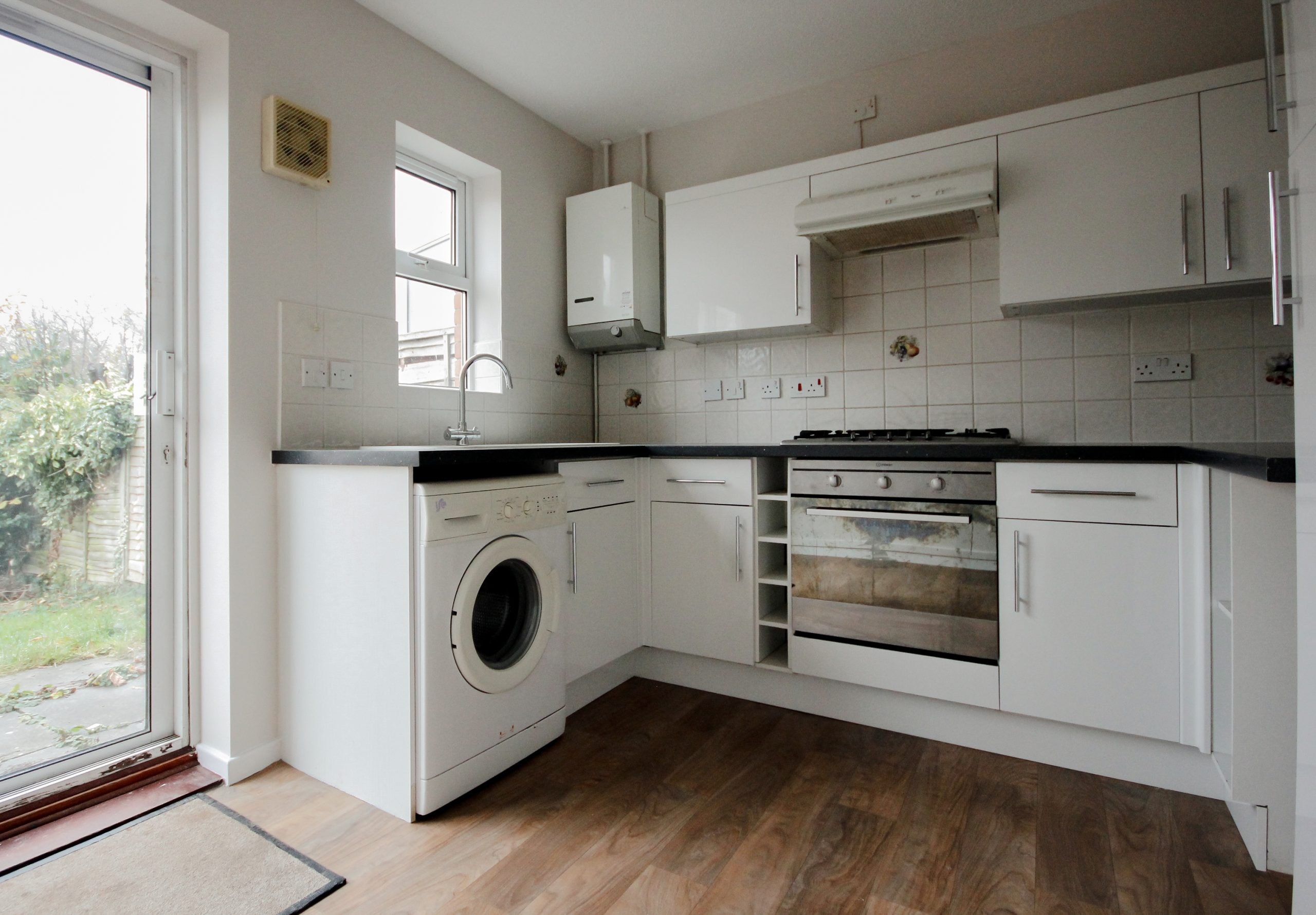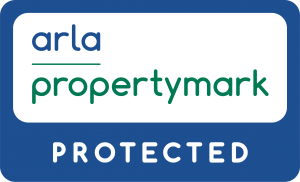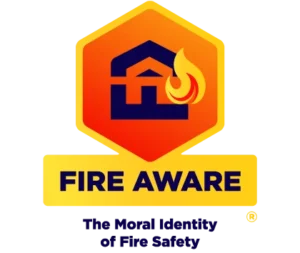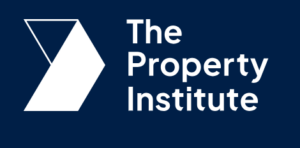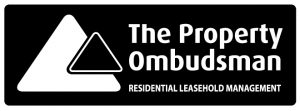The Homes (Fitness for Human Habitation) Bill has now made its journey through parliament and received Royal Assent, which means it is now a law. The bill makes it a requirement for a landlords to ensure that their property is “fit from human habitation” at the start of, and for the duration of the tenancy. This law will also apply to the communal areas within blocks of self contained units.
This new law amends the Landlord and Tenant Act 1984 and the Housing Act 2004 and gives the tenant stronger rights in terms of tackling a landlord who in unwilling to maintain or repair their property. It gives them a right to take their landlord to court t if the property does not comply with the Housing Health and Safety Rating System (HHSRS) and gives the court the facility to force the landlord to comply along with payment of damages to the tenant.
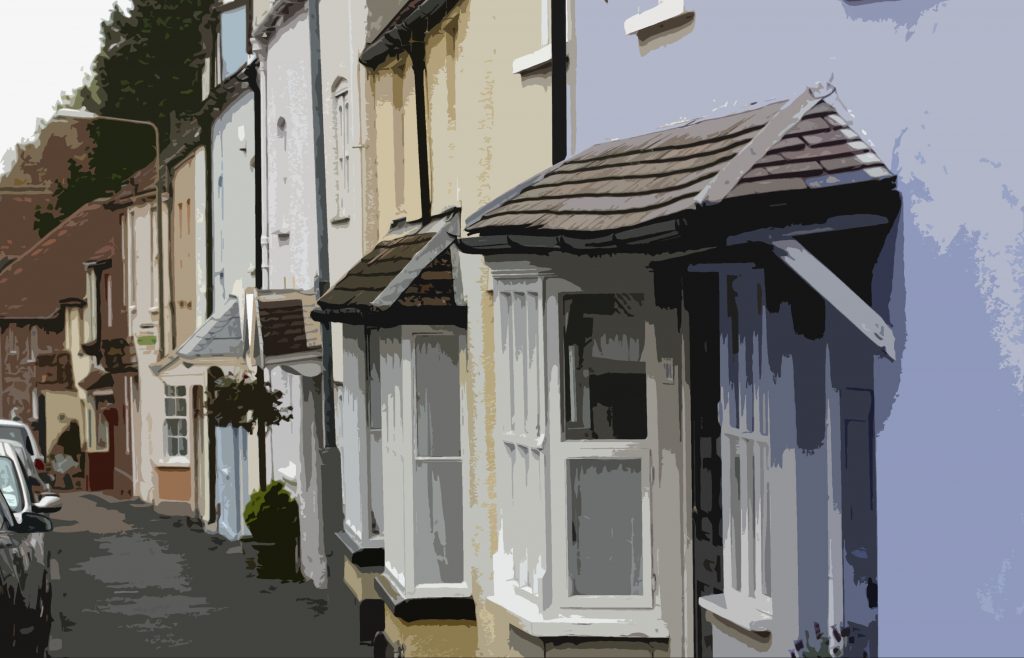
For those not aware of it, the HHSRS is a system used by local councils to identify risks within a property, a rate them in order of severity. Different risks are allocated a set number of points, and the final number of points dictates the “category” of hazard present – and the resulting action that must be taken.
The law is scheduled to come into force on the 20th March 2019 and will apply to all new tenancies created on or after this date. It will be rolled out to all tenancies on the 20th March 2020. It states that a property will be unfit for human habitation if there is a serious defect (Category 1 hazard) in any of the areas below. The Act states that “the house shall be regarded as unfit for human habitation if, and only if, it is so far defective in one or more of those matters that it is not reasonably suitable in that condition”
- Repair
- Stability
- Freedom from damp
- Internal arrangement
- Natural lighting
- Ventilation
- Water supply
- Drainage and sanitary conveniences; and
- Facilities for preparation and cooking of food and for the disposal of waste water.
The landlord however, will not be responsible if the damage or issue has been caused by the tenant or an action of the tenant. There will also be some exemptions, for example:
- Rebuild or reinstate a destroyed building
- Put right unfitness the tenant is responsible for causing
- Carry out works which are the responsibility of a superior landlord (freeholder), or for which they cannot obtain third-party consent
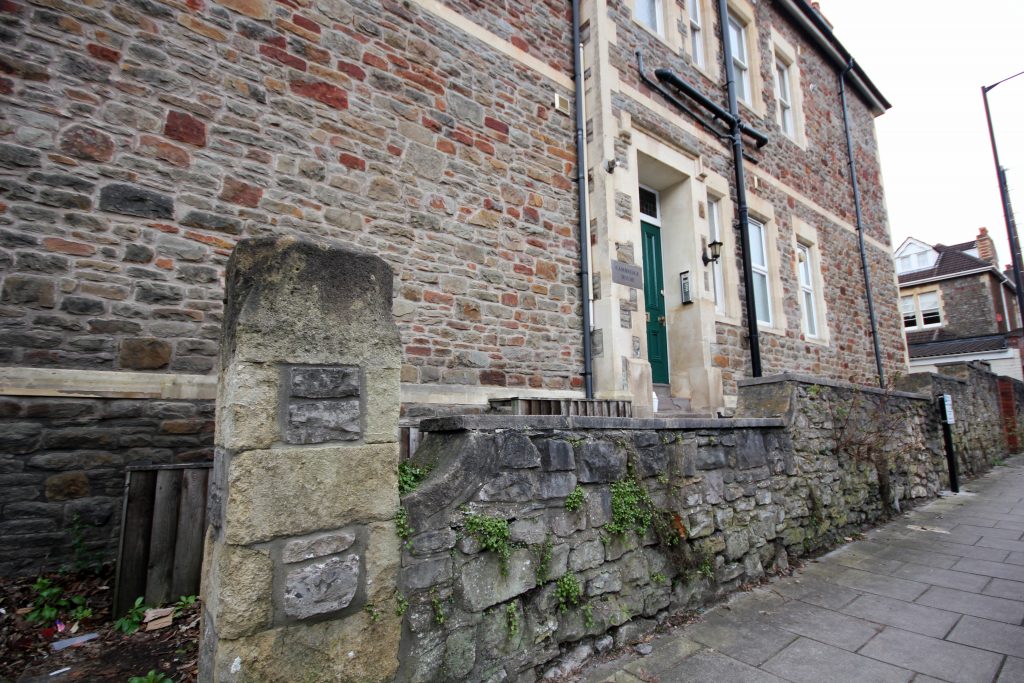
All of our managed properties are, and will always be maintained to a high standard so you can rest assured that as a client of SWR the implementation of this law will not affect you. The law should hopefully target those landlords who choose to ignore their obligations and exploit their tenants, however until we have case law to analyse, we cannot be sure of any unintended consequences for our own landlords who are always conscientious and take care of their properties and tenants.
